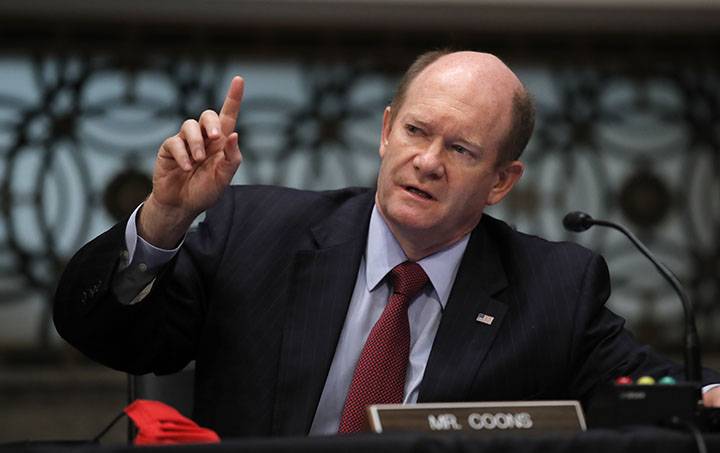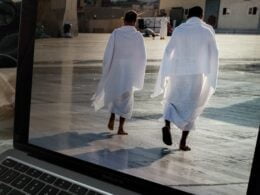In Indonesia, the country with the largest Muslim population globally, a 77-year-old Muslim teacher, Panji Gumilang, is entangled in a legal battle due to his views on gender equality within Islam.
Table of Contents
As a respected figure in his community, Gumilang took a bold step at the Al-Zaytun school in West Java by allowing women to deliver sermons and pray alongside men. However, this move faced vehement opposition from conservative religious groups who argue that it deviates from traditional Islamic teachings.
The Arrest and Controversies at Al-Zaytun School

Panji Gumilang’s advocacy for gender equality in Islamic practices resulted in public complaints and eventually led to his arrest by the Indonesian National Police.
The Al-Zaytun school, with its sizable student body of approximately 5,000, has previously faced controversies due to its non-conventional practices.
The school’s decision to allow men and women to pray together and have female imams leading prayers has challenged traditional norms upheld by certain religious groups, causing dissatisfaction with the school’s approach to Islamic education.
The Rising Trend of Religious Conservatism
Indonesia, as a predominantly Muslim country, officially recognizes and respects six different religions. Historically, the nation followed a respectful form of Islamic ideology.
However, in recent times, there has been an increase in religious conservatism. Panji Gumilang’s progressive beliefs and support for women’s rights within Islam have encountered criticism from traditionalist factions, who have wielded religious disrespect laws to target individuals with differing views about Islam.
This trend is reminiscent of the case of Ahok, the former non-Muslim governor of Jakarta, who faced legal repercussions for quoting a verse from the Quran during a campaign.
Navigating the Future
Panji Gumilang’s legal troubles shed light on the intricate dynamics between religious freedom, gender equality, and social acceptance in Indonesia.
His arrest and the controversies surrounding the Al-Zaytun school underline the challenges faced by individuals and institutions advocating for progressive Islamic practices amidst rising religious conservatism.
The future will undoubtedly test Indonesia’s ability to navigate these issues and strike a delicate balance between respecting religious traditions and safeguarding individual freedoms. The outcome will bear significant implications for religious freedom and social harmony in the nation.
Subscribe to our channels on WhatsApp, Google News, Facebook and Instagram.Discover more from The Islamic Information
Subscribe to get the latest posts sent to your email.












